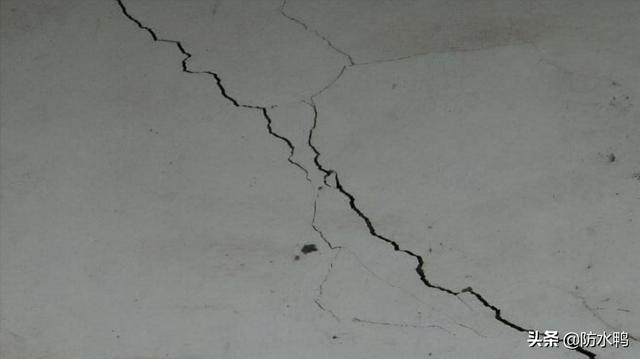096 原子的质量
Mass of Atom
(https://www.nuclear-power.com/)
原子的质量
One unified atomic mass unit is approximately the mass of one nucleon (either a single proton or neutron) and is numerically equivalent to 1 g/mol.
一个统一的原子质量单位大约是一个核子(一个质子或一个中子)的质量,在数值上相当于1克/摩尔。
For 12C the atomic mass is exactly 12u, since the atomic mass unit is defined from it. For other isotopes, the isotopic mass usually differs and is usually within 0.1 u of the mass number. For example, 63Cu (29 protons and 34 neutrons) has a mass number of 63 and an isotopic mass in its nuclear ground state is 62.91367 u.
对于12C,相对原子质量正好是12u,因为相对原子质量单位是由它定义的。对于其他同位素,同位素质量通常是不同的,通常在质量数的0.1u以内。例如,63Cu(29个质子,34个中子)的质量数为63,其核基态的同位素质量为62.91367 u。
There are two reasons for the difference between mass number and isotopic mass, known as the mass defect:
质量数与同位素质量的差异有两个原因,称为质量亏损:
- The neutron is slightly heavier than the proton. This increases the mass of nuclei with more neutrons than protons relative to the atomic mass unit scale based on 12C with equal numbers of protons and neutrons.
- 中子比质子稍重。在以12C为单位的原子质量尺度上,质子和中子的数量相等,因此中子数较多的原子核的质量比质子数多的有所增加。
- The nuclear binding energy varies between nuclei. A nucleus with greater binding energy has a lower total energy, and therefore a lower mass according to Einstein’s mass-energy equivalence relation E = mc2. For 63Cu the atomic mass is less than 63 so this must be the dominant factor.
- 原子核之间的结合能是不同的。根据爱因斯坦的质能等效关系E = mc^2,原子核的结合能越大,总能量就越低,因此质量也就越低。对于63Cu,原子质量小于63,所以这是主导因素。

注:
(以下内容来自百度百科)
所谓质量亏损,就是反应前后体系粒子质量的变化。譬如在核反应中,就是指原子核的质量与组成原子核的所有单个质子与单个中子的质量之和的差(原子核的质量小于组成原子核的所有单个质子与单个中子的质量总和,亏损的质量对应结合能,亏损越大结合能越大)。
质量亏损主要是由反应前后体系能量变化而导致的。根据爱因斯坦质能方程E=mc2,一定的质量m对应一定的能量E,二者的定量关系由比例系数“光速的平方”c2联系起来。由于重核裂变与轻核聚变都属于放能核反应,根据质能方程的涵义,反应后粒子的静质量要减少,即反应后质量要有所亏损,而质量亏损就意味着能量的亏损,亏损的能量就是原子能。
(待续)
,




